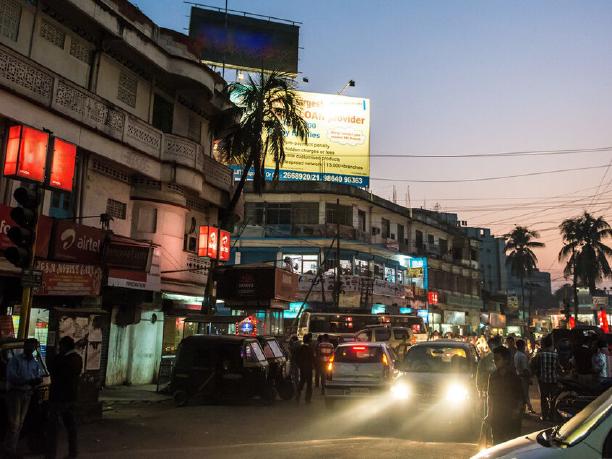
Recharging the Power Sector with Reforms
Drawing power from within the region, ADB is supporting a regional, cross-border approach to solving South Asia’s energy crunch.
Listen to the article
The Clean Energy Financing Partnership Facility was established in 2007 to help improve energy security in developing member countries and decrease the rate of climate change. The facility will finance the deployment of new, more efficient, and less polluting supply and end-use technologies, through either grant or non-grant resources.
The facility resources are also intended to finance policy, regulatory, and institutional reforms that encourage clean energy development. It supports investments in the deployment of new clean energy technology, projects that lower the barriers to adopting clean energy technologies and increase access to modern forms of clean and efficient energy for poor people, and technical capacity development programs for clean energy.
In 2024, ADB signed a project financing package with the Monsoon Wind Power Company to build a 600-megawatt wind power plant, the first cross-border wind project in Asia, the first in the Lao People’s Democratic Republic, and the largest wind power project in ASEAN, with ADB as the sole mandated arranger and bookrunner. The project is estimated to reduce at least 748,867 tons of carbon dioxide equivalent of greenhouse gas emissions annually.
| Year Established | 2008 |
|---|---|
| Partner | Japan |
| Cumulative Contributions Committed | $55.7 million |
| Project Commitments This figure accounts for savings from closed projects. Project commitments may exceed contributions as investment income and gains from foreign exchange transactions are used for new projects. | |
| Grants | $12.9 million for 7 projects |
| Technical Assistance | $41.4 million for 38 TA projects |
The Asian Clean Energy Fund, or ACEF, was established by Japan as part of its initiative for Enhanced Sustainable Development for Asia. It prioritizes activities implemented in cooperation with Japanese aid agencies as part of the first pillar of the Enhanced Sustainable Development for Asia initiative. The fund supports efforts of developing member countries to reduce greenhouse gases through renewable energy and energy efficiency technologies.
| Year Established | 2013 |
|---|---|
| Partner | Canada |
| Cumulative Contributions Committed | $77.3 million |
| Project Commitments This figure accounts for savings from closed projects. Project commitments may exceed contributions as investment income and gains from foreign exchange transactions are used for new projects. | |
| Concessional Loan | $63 million for 8 projects |
| Technical Assistance | $6.9 million for 19 TA projects |
The Canadian Climate Fund for the Private Sector in Asia, or CFPS, was established in March 2013. The fund aims to catalyze greater private investment in climate change mitigation and adaptation in Asia and the Pacific. It seeks to play a key role in helping overcome leading-edge technology risks and cost hurdles to initiate and scale up projects to reduce greenhouse gas emissions and increase climate resilience. The fund is ADB’s first concessional debt cofinancing facility specifically oriented to support private sector operations to combat climate change.
| Year Established | 2007 |
|---|---|
| Partner | Australia, Germany, Norway, Spain, Sweden, United Kingdom |
| Cumulative Contributions Committed | $140.7 million |
| Project Commitments This figure accounts for savings from closed projects. Project commitments may exceed contributions as investment income and gains from foreign exchange transactions are used for new projects. | |
| Grants | $32.3 million for 18 projects |
| Technical Assistance | $77.8 million for 81 TA projects |
| Direct Charges | $5 million for 68 activities |
The Clean Energy Fund, or CEF, is a multi-partner trust fund established in April 2007 under the Clean Energy Financing Partnership Facility. The facility aims to improve energy security in developing member countries and decrease the rate of climate change through increased use of clean energy. Resources from the fund and clean energy trust funds are used to finance operational expenses related to eligible projects in the form of foreign exchange and/or local expenditures for goods, works, and services from ADB member countries, following ADB’s applicable guidelines and procedures.
| Year Established | 2022 |
|---|---|
| Partner | Germany, Japan, New Zealand |
| Cumulative Contributions Committed | $81.5 million |
| Project Commitments This figure accounts for savings from closed projects. Project commitments may exceed contributions as investment income and gains from foreign exchange transactions are used for new projects. | |
| Technical Assistance | $5.5 million for 4 TA projects |
The Energy Transition Mechanism Partnership Trust Fund, or ETMPTF is a multi-partner trust fund under the Clean Energy Financing Partnership Facility. It mobilizes resources for the Energy Transition Mechanism, which aims to catalyze public and private capital to accelerate the transition from carbon-intensive coal-based power plants to clean energy in ADB’s developing member countries (DMCs). The fund seeks to accelerate the retirement of coal plants and transition DMCs to clean energy to reduce greenhouse gas emissions.
| Year Established | 2021 |
|---|---|
| Partner | United Kingdom |
| Cumulative Contributions Committed | $13.9 million |
| Project Commitments This figure accounts for savings from closed projects. Project commitments may exceed contributions as investment income and gains from foreign exchange transactions are used for new projects. | |
| Technical Assistance | $1 million for 1 TA project |
In 2021, ADB signed a memorandum of understanding with the Government of the United Kingdom to establish the Artificial Intelligence and Digitalization Fund to support the development of clean energy technologies by accelerating innovative and promising artificial intelligence and digital technologies that will lead to climate change mitigation. In 2023, ADB renamed the fund into the Smart Energy Innovation Fund (SEIF), and expanded its scope by including more eligible countries to access the fund.
In 2024, SEIF successfully allocated $8.3 million for eight projects in support and development of innovative technologies in clean energy and transportation.
20 November 2024
On the sidelines of the Conference of the Parties 29, ADB and the governments of Solomon Islands and Tonga sign financing agreements with participation from the Clean Energy Fund to help Pacific countries transition from dependency on diesel fuel imports to renewable energy.
19 April 2024
To support the shift toward clean, sustainable energy in Southeast Asia, the Government of New Zealand commits $25 million to ADB’s Energy Transition Mechanism Partnership Trust Fund, with the potential of becoming one of the largest carbon reduction programs in the world.

Drawing power from within the region, ADB is supporting a regional, cross-border approach to solving South Asia’s energy crunch.
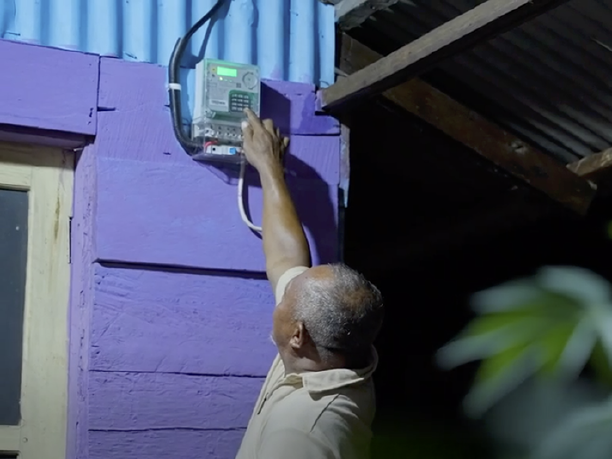
ADB, the Asian Clean Energy Fund, the Japan Fund for Prosperous and Resilient Asia and the Pacific, and Indonesia’s state electricity company join forces to enhance sustainable, equitable, and reliable access to electricity for nine provinces across the eastern Indonesian archipelago.
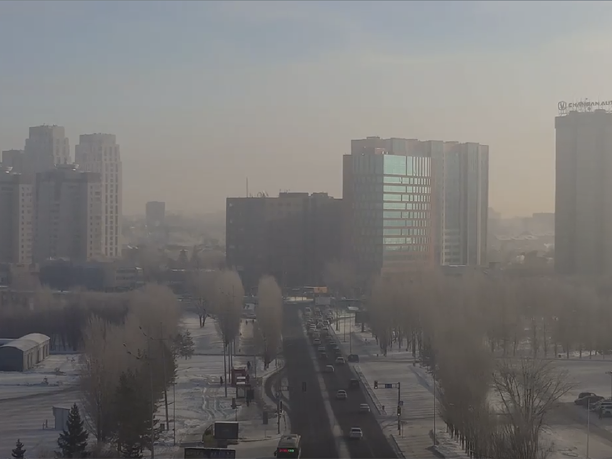
With help from ADB, the Asian Clean Energy Fund, the Republic of Korea e-Asia and Knowledge Partnership Fund, and the Government of Kazakhstan will lay the foundation for a reliable heating system and help the nation achieve carbon neutrality by 2060.
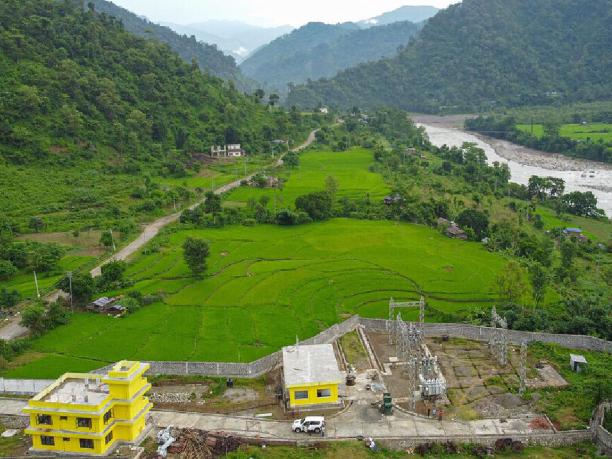
Despite South Asia having the lowest per capita energy use globally, the region’s rapid economic transformation is dramatically increasing energy consumption, with rising demand this decade and beyond.
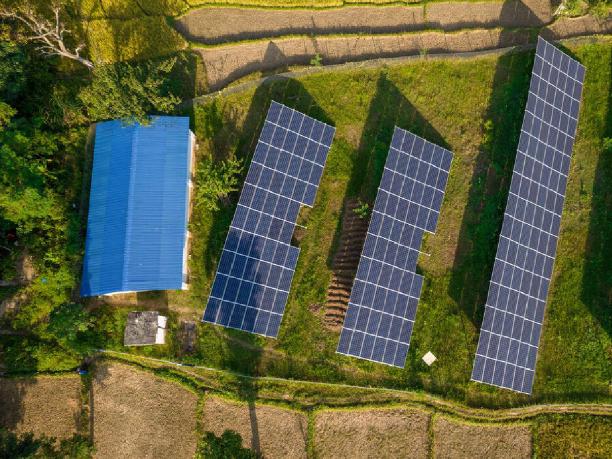
To meet expanding energy needs, ADB and partners are helping countries leverage private sector funding and develop new pipelines of solar energy projects.
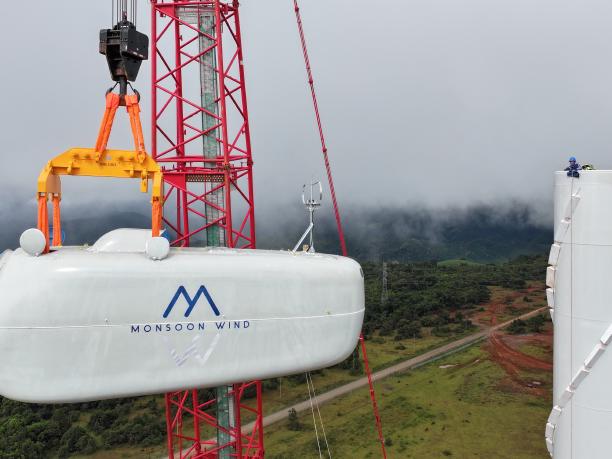
The Monsoon Wind Power Company is building a wind power plant in the Lao People’s Democratic Republic. ADB, multilateral organizations, and private sector partners are cofinancing what is poised to become the largest wind power facility in Southeast Asia.
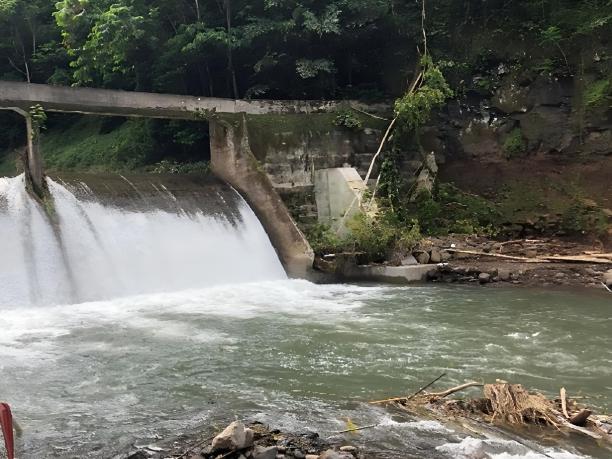
By reviving cyclone-damaged hydropower plants and building new ones, Samoa will be less dependent on fossil fuel imports.
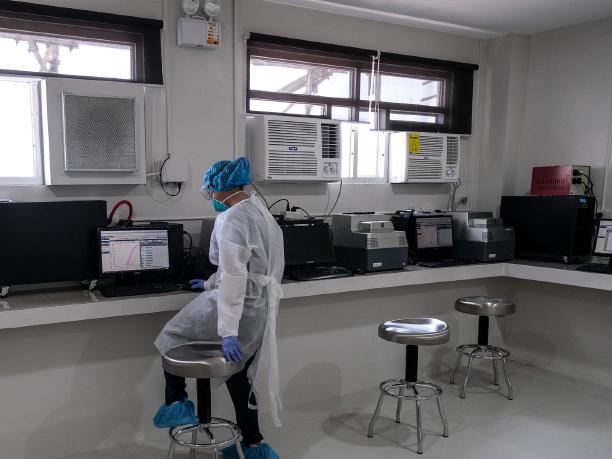
ADB is piloting a clean and smart centralized air-conditioning system that can reduce energy consumption and contain indoor virus transmission, including COVID-19. The pilot aims to promote health-resilient clean energy development in the region through the Clean Energy Fund under the Clean Energy Financing Partnership Facility and the High-Level Technology Fund.
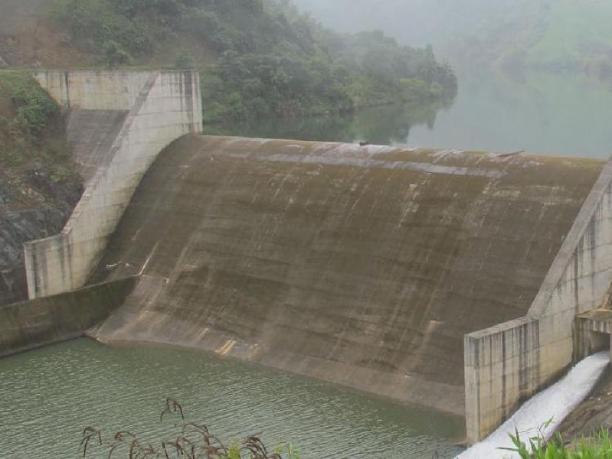
A rural electrification project in Viet Nam built mini-hydropower plants and rehabilitated distribution networks to provide affordable electricity to remote communes.
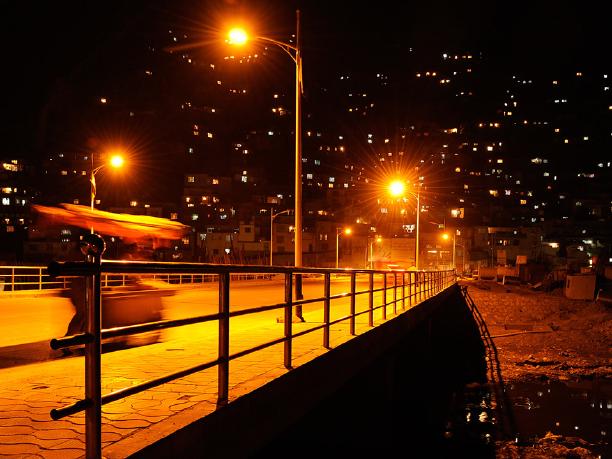
Coordinating Dispatch Center Energiya, Central Asia’s power flow coordinator, is getting a power boost from an ADB project cofinanced by the Asian Clean Energy Fund under the Clean Energy Financing Partnership Facility and the High-Level Technology Fund. A recharged Energiya will help increase regional energy trading and address frequent power outages and the increasing use of fossil fuels.
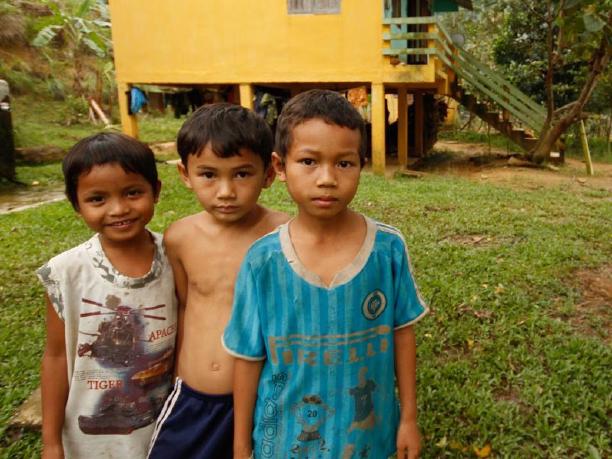
Some 278 ethnic minority communes in the remote mountain provinces of Viet Nam gained power connections that gave them more productive hours, income opportunities, and better household living standards.
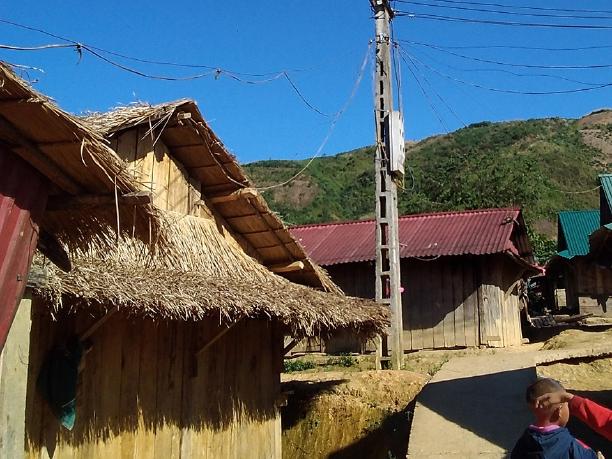
Viet Nam is progressing toward achieving universal access to electricity by 2020 after an ADB project with cofinancing from the Clean Energy Fund under the Clean Energy Financing Partnership Facility helped provide hundreds of thousands of households with electricity and opened economic opportunities to the men and women of these communes.
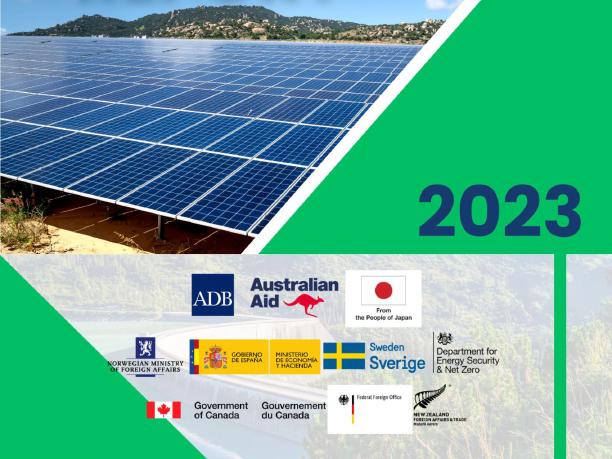
These annual reports inform about the Clean Energy Financing Partnership Facility’s operational results and overall implementation progress.